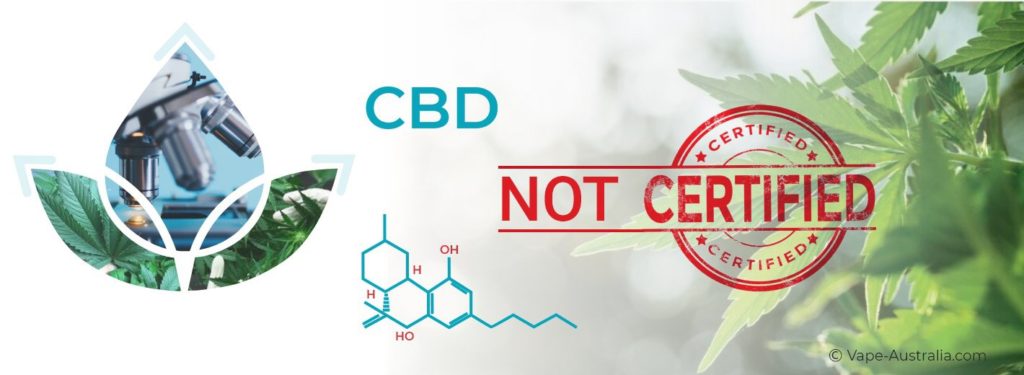
You’ve decided to try adding CBD to your supplement list to treat a long standing back pain, but as you’ve done with every other supplement you’re trying to find organic CBD but to no avail. It has left you wondering, is there such a thing as certified organic CBD? It would be easy to give you the short answer here but let’s explore a bit.
What Does Organic Mean?
It would be wise to define the term organic before we delve any deeper into this topic. According to BBC Good Food, “Organic food is the product of a farming system which avoids the use of man-made fertilisers, pesticides; growth regulators and livestock feed additives. Irradiation and the use of genetically modified organisms (GMOs) or products produced from or by GMOs are generally prohibited by organic legislation.”
What Makes Hemp Organic?
Hemp is a non-psychotic cannabis plant from which CBD products are derived. In order to be deemed organic, hemp plants need to be certified by the United States Department of Agriculture (USDA). The USDA has a number of standards which need to be met in order for hemp to be considered organic, namely:
- Seeds must be untreated/100% natural.
- The soil must be fertilized naturally.
- The plant’s growth cannot be stimulated by steroids or growth hormones.
- The soil must be free of radiation (particularly beta radiation).
- No use of biocontrol agents such as fungicides and herbicides.
Plants may fall under any one of three different categories or organic certification:
- 100% Organic – As the name suggests, 100% natural.
- Organic – 95% natural.
- Made with Organic Ingredients – A blend of synthetic and natural. This is generally the category hemp would fall under in the rare occurrence that it does get certified.
Why Is Organic Hemp/CBD Rare?
There are two primary reasons why certified organic hemp is almost impossible to find. First and foremost hemp is a bioaccumulator. This means it readily absorbs as well as accumulates just about any of the compounds present in its environment. This is not limited to just the good, but also the bad, like radioactive substances and heavy metals.
Secondly, the USDA only recently (within the last two years) accepted hemp as a candidate to undergo the organic certification process. The process however is very time consuming and rather expensive. As a result, many farmers have not bothered with the process. Some farmers have even gone on to express that they think the process is so expensive and even if they use only organic practices, there is no guarantee that their product would be certified, which for them is a waste and understandably so.
So, How Do I Get Natural CBD?
Many farmers still use organic practices to grow their product even without undergoing the certification process. While that might be the case, the farmers cannot market their product as certified organic. Additionally, many CBD vendors conduct third party lab tests for contaminants and the like. These results are generally accessible to prospective buyers which can be used as a marker for people seeking to get what they consider to be an all-natural product.
Conclusion
So what’s the take home? CBD isn’t certified organic because the hemp from which it is derived is a bioaccumulator which makes it almost impossible to keep hemp free of contaminants. In addition to that, the high costs associated with certification process is prohibitive. This however does not mean hemp farmers are not using organic practices. Be sure to do your research whenever you’re in the market for a new CBD product to ensure you get products that best suit your needs with as little contaminants as possible.
